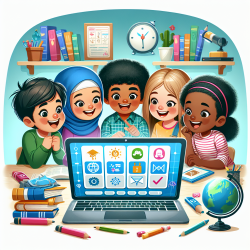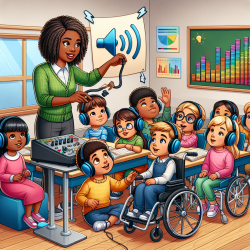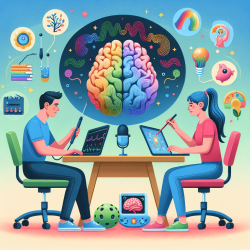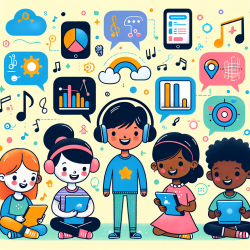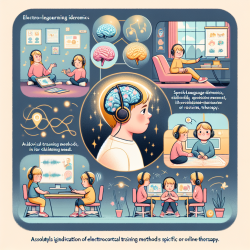The COVID-19 pandemic has presented unique challenges, particularly for children with autism. A recent study titled "Effect of Covid-19 lockdown on Indian children with autism" provides valuable insights into how the lockdown impacted these children. Here, we explore the key findings and offer actionable advice for practitioners to improve their skills and support children with autism effectively.
Understanding the Impact
The study revealed significant regression in various developmental areas among children with autism due to the lockdown. These areas include:
- Activities of Daily Living (ADL): Skills such as brushing, toileting, and grooming saw notable declines.
- Language Skills: There was a marked regression in complex language areas like negations and possessives.
- Behavioral Characteristics: Issues such as mood swings, hyperactivity, and attention span were exacerbated.
- School Performance: Children struggled with assignments and required more parental assistance.
- Therapy Performance: Online therapy posed challenges, particularly in maintaining engagement and progress.
Implementing Home-Based Strategies
The study emphasizes the need for better intervention strategies, particularly home-based training. Practitioners should consider:
- Providing parents with structured routines and activities to reinforce ADL skills.
- Offering virtual workshops to train parents in effective language and behavioral strategies.
- Developing individualized online therapy plans that incorporate interactive and engaging activities.
Encouraging Further Research
The study highlights the need for more research to understand the long-term impacts of lockdowns on children with autism. Practitioners are encouraged to:
- Participate in collaborative research projects to gather more data.
- Document and share their observations and interventions to contribute to the broader knowledge base.
Conclusion
The COVID-19 lockdown has underscored the importance of adaptive and flexible therapy approaches for children with autism. By implementing the study's findings and engaging in further research, practitioners can better support these children in future crises. To read the original research paper, please follow this link:
Effect of Covid-19 lockdown on Indian children with autism.

